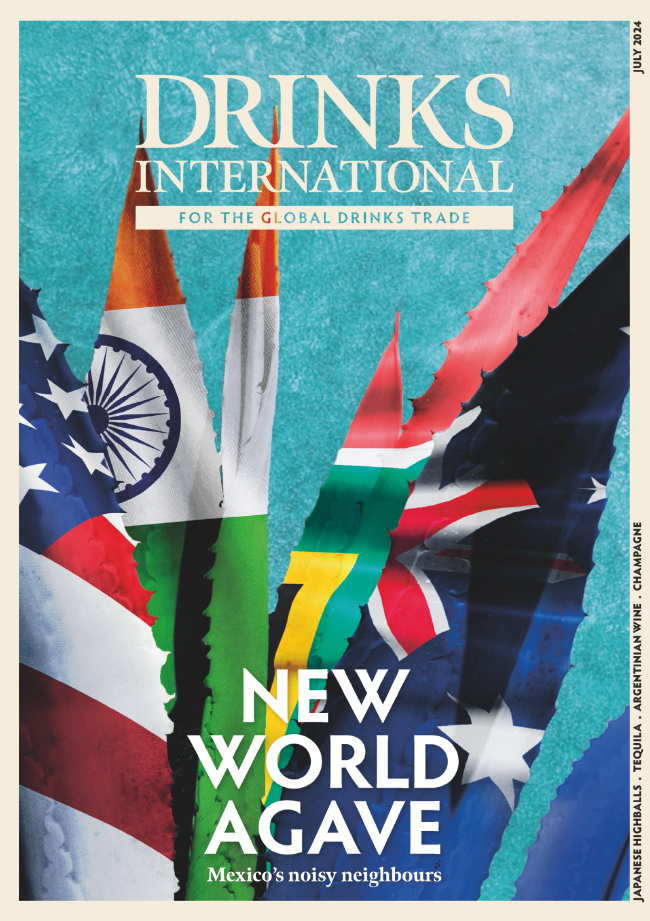The CRM, though, has come a long way in a short time – its legislation and controls have brought organisation and legitimacy to the product, enabling it to be discovered by the international drinks community and rediscovered by Mexicans.
Carlos Corcuera, of Mezcal 8 Viboras, has seen the rise domestically. “Two decades ago mezcal was not seen as a premium spirit – people thought it was a low-class beverage. But when people try it they find that it has quality and lot of different flavours.” Mezcal 8 Viboras sells in all 50 states of the US – mezcal’s major export market – Canada, Germany, Spain and is soon to debut in the UK.
Mixed feelings
Guadalajara bartender and chef – and alumni of London Mexican bar Green and Red – Ramon ‘El Tigre’ Ramos, has mixed feelings about the spirit. “Mezcal is a nice rustic and very traditional spirit but it has its pros and cons. “It is getting popular with the young crowd and hipster community and most of this mezcal is claimed to be wild agave but it’s a very inconsistent product. Sometimes I prefer to drink a good tequila as I know the abv and I know it is safe to drink, rather than a strange variety of mezcal that has been distilled with a chicken breast or a jabugo ham.”
According to Speciality Brands’ Tom Bartram, about 400 have gained CRM certification to market their products legally – but there are thousands of ‘palenques’ [small distilleries] out there that haven’t.
Exported brands are all certified.
Over at Ilegal Mezcal, a brand that is selling in the US, the UK, Italy and Australia, its co-owner Stephen Myers says production standards are high and his mezcal is heavily regulated by the CRM, who are present during bottling time.
The blueprint for mezcal is Ron Cooper’s Del Maguey. The brand launched so long ago Cooper owns the domain name mezcal.com, and has pushed the idea of Single Village mezcals, and now inexpensive variants for mixing. His brand is a pathfinder to the recent slew of quality-driven brands. Qui Qui Ri Qui, a spin off from the Mezcaleria pop-up bar in London, is one. “When I started the brand in 2012 there were only four or five brands in London – now it is double that,” says creator and director of the brand Melanie Symonds.
“It’s great that there are more brands out there – I want the category to grow but I am concerned how it grows.” Because mezcal can fetch high prices (Illegal starts at $45 and runs to $100 for its anejo) industrial operators have entered the mix. “I am anti the industrial factories,” says Symonds.
Just as in tequila, industrial mezcals tend to favour steaming agave, rather than roasting. Myers says there is a clear difference between the two styles. “The proof is in the pudding. Industrial vs artisanal is apples and oranges. Tequila ran away with that with mixto but people are now moving to 100% agave.”
Ron Cooper has coined the phrase “you don’t find mezcal, mezcal finds you”. But if the spirit is to make a lasting, not fleeting, impression, it will have to find itself first. If mezcal can offer big-flavour, hand-crafted production with ecological credentials, it could continue to be the cool cousin of 100% agave tequila. After hundreds of years in the wilderness, mezcal needs to grow some roots. Only then will longevity be assured.




